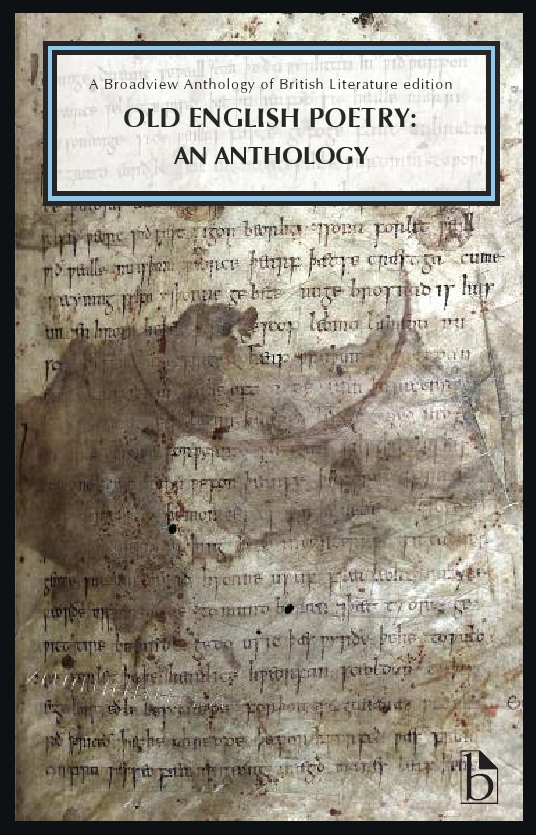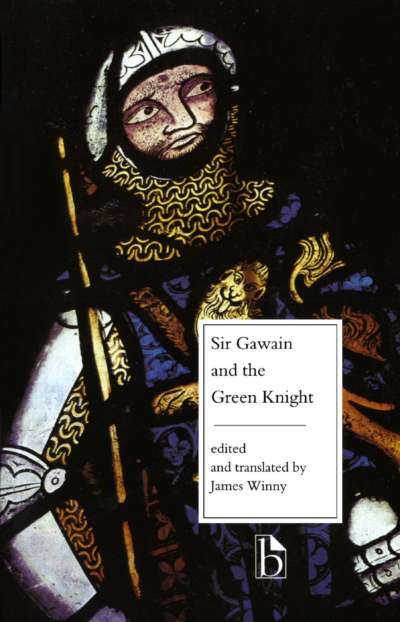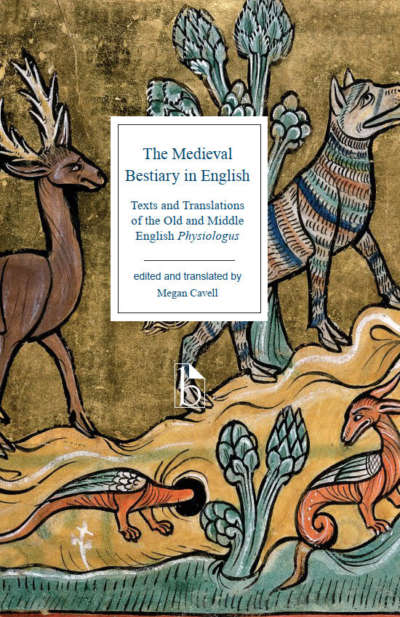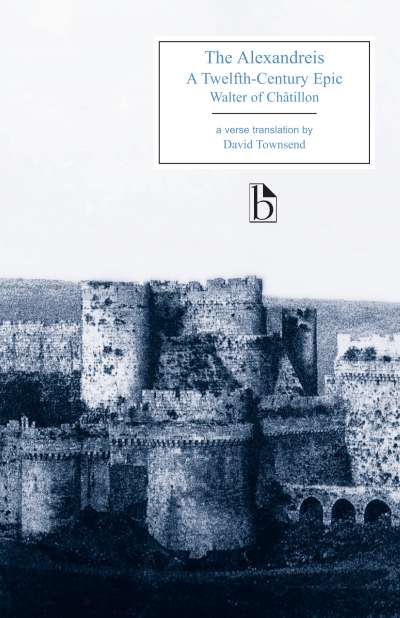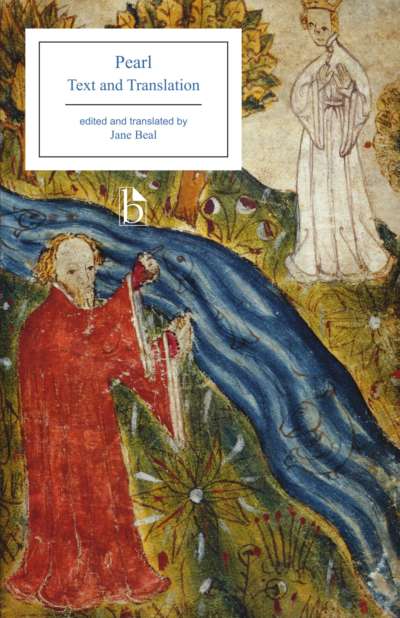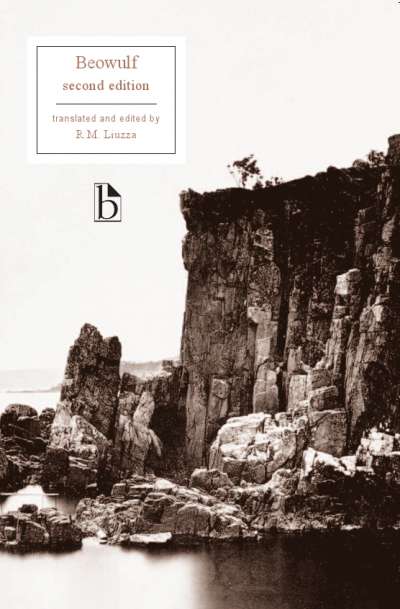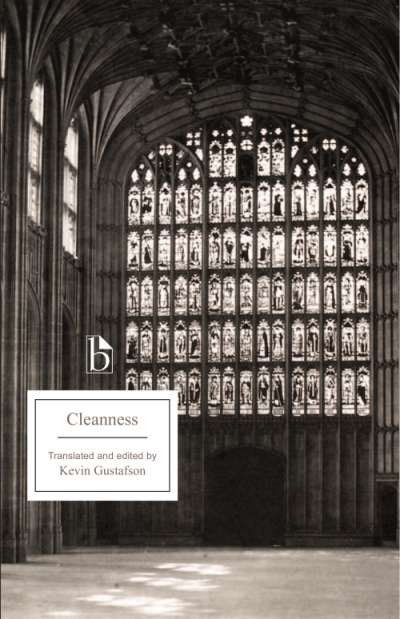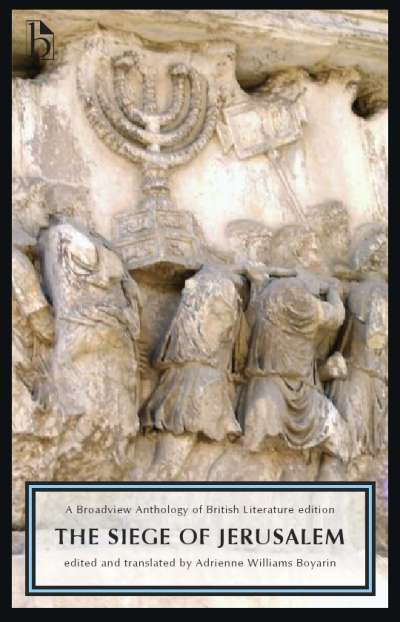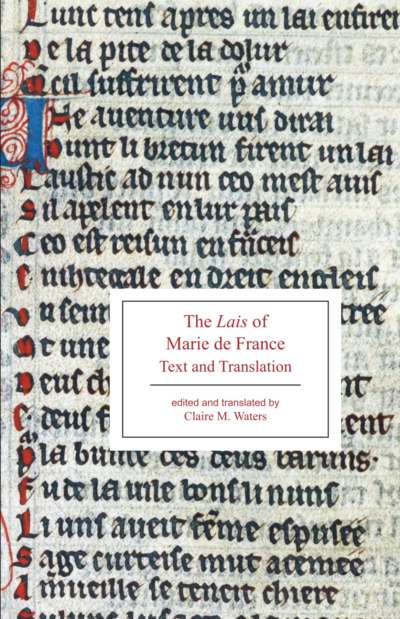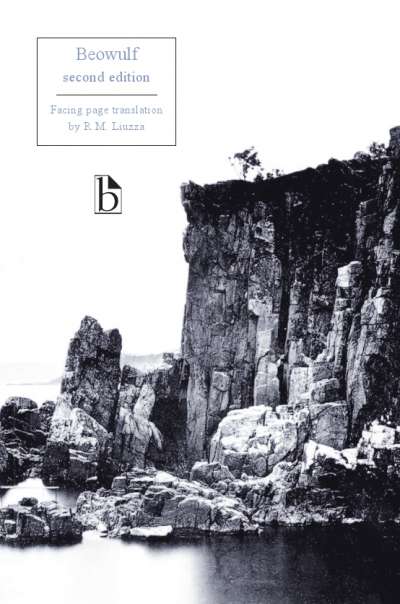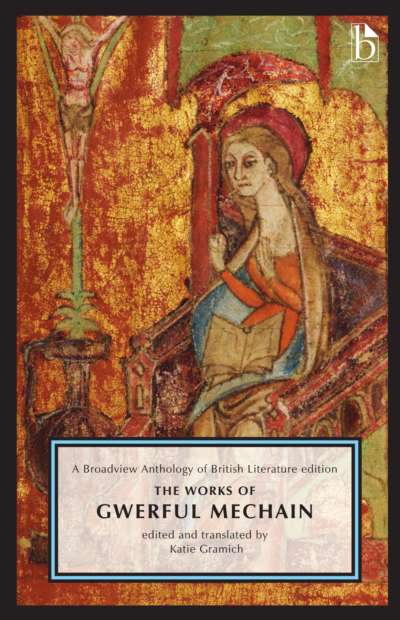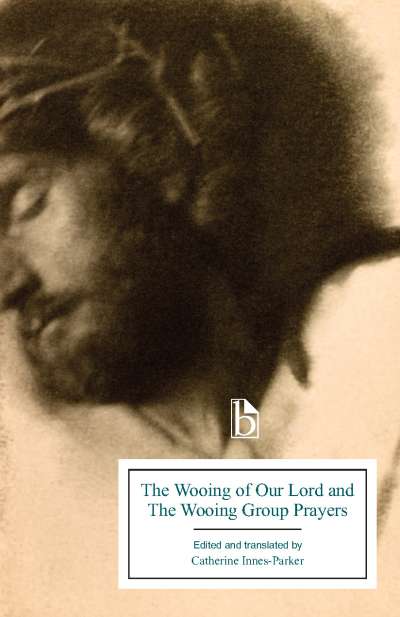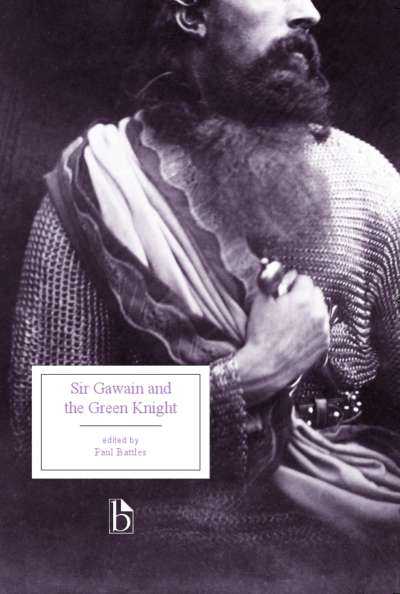R.M. Liuzza’s Broadview edition of Beowulf was published at almost exactly the same time as Seamus Heaney’s; in reviewing the two together in July 2000 for The New York Review of Books, Frank Kermode concluded that both translations were superior to their predecessors, and that it was impossible to choose between the two: “the less celebrated translator can be matched with the famous one,” he wrote, and “Liuzza’s book is in some respects more useful than Heaney’s.” Ever since, the Liuzza Beowulf has remained among the top sellers on the Broadview list.
With this volume readers will now be able to enjoy a much broader selection of Old English poetry in translations by Liuzza. As the collection demonstrates, the range and diversity of the works that have survived is extraordinary—from heartbreaking sorrow to wide-eyed wonder, from the wisdom of old age to the hot blood of battle, and to the deepest and most poignant loneliness. There is breathless storytelling and ponderous cataloguing; there is fervent religious devotion and playful teasing. The poems translated here are meant to provide a sense of some of this range and diversity; in doing so they also offer significant portions of three of the important manuscripts of Old English poetry—the Vercelli Book, the Junius Manuscript, and the Exeter Book.
Comments
“With a poet’s eye and a scholar’s touch, the acclaimed translator of Beowulf has given us a superb volume for both the common reader and the literature classroom. All the major Old English poetry is here, beautifully translated into living English verse, introduced and annotated by an expert Anglo-Saxon scholar. Liuzza’s anthology of highly accurate, scholarly, poetic translations captures the full expressive range of the oldest poetry in English: the mournful note of elegy, the profound beat of wisdom poetry, the ardent music of faith, and the high songs of heroic fame.” — Andrew Scheil, University of Minnesota
“The translations are beautiful—those of the elegies quite stunningly so. … Overall, this is a wonderful anthology.” — Andrew Scheil, University of Minnesota
“I’ve kept Old English Poetry with me through several moves over the last few years; it has proven to be an invaluable tool in my studies of medieval literature, as well as an endless source of enjoyment in my spare time. I first encountered it in college because it was the primary textbook of my Anglo-Saxon literature course. In that capacity, it exposed me to a wide range of Old English poetical styles and genres that I previously had not encountered. In fact, I am currently studying Old English in graduate school due, in part, to the influence of Broadview’s Old English Poetry!” —Nicholas Sumrall, The University of Mississippi

